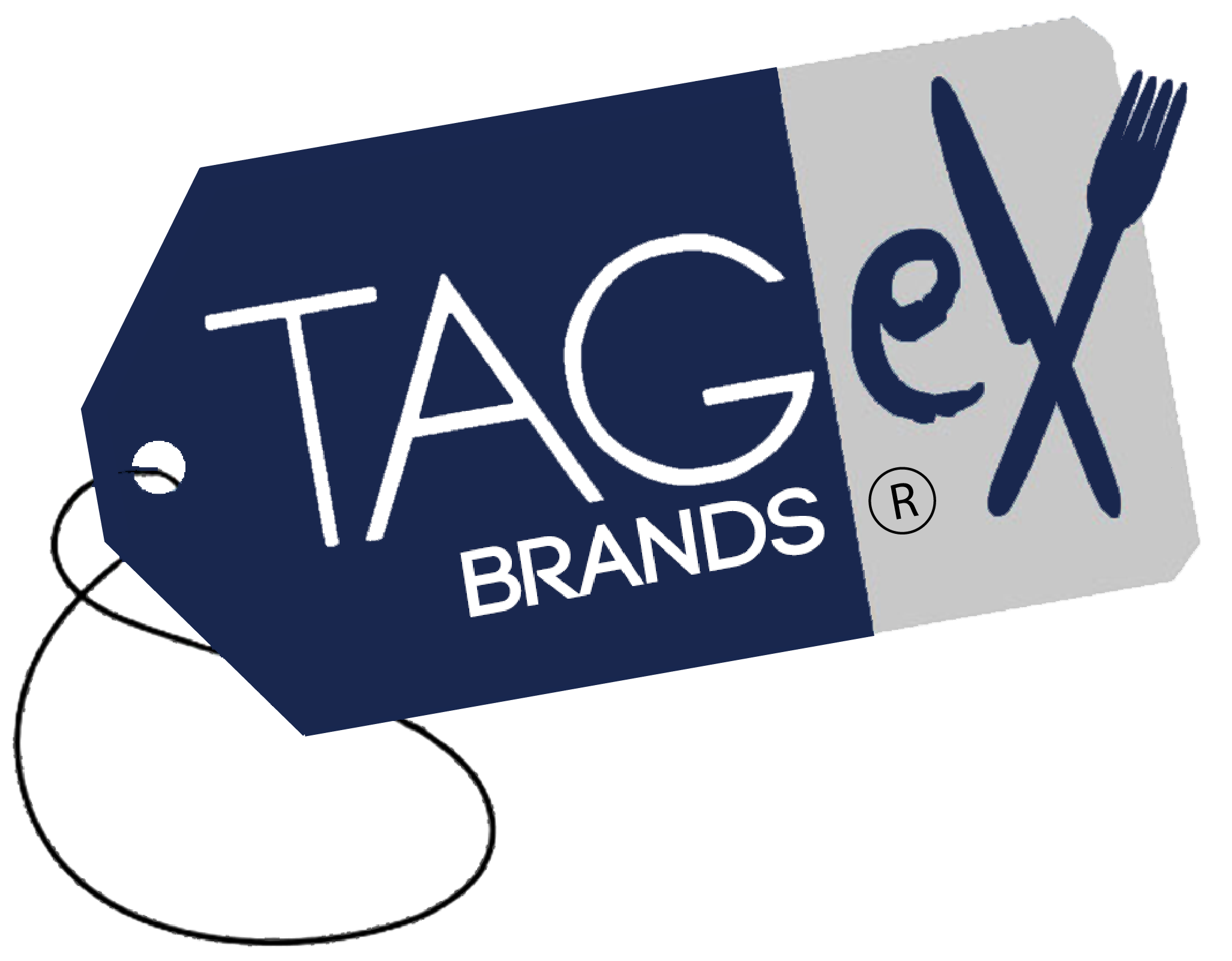
The past year was a big one in the restaurant industry, one that saw an unprecedented level of industry consolidation, chain bankruptcies, store closures, volatile founders and former chairmen and, of course, a lot of changes in the C-suite.
Behind many of these stories are people, often singular individuals who have helped to shape and drive the news. Let’s take a look back at some of the biggest newsmakers in the restaurant business over the past year.
Heard of this guy? The founder and former chairman and CEO and primary spokesman was singularly the biggest newsmaker in the restaurant business in 2018. And he probably isn’t done making news.
You might have read that last November, he told analysts on a conference call that the NFL hurt Papa John’s shareholders by not dealing with protests by its players during the national anthem, which, in turn, lowered the game’s ratings and therefore his chain’s same-store sales.
That created a firestorm that probably made sales worse. He stepped down as CEO in December, ceding the job to Steve Ritchie, but remained chairman and spokesman … until reports said that he used a racial slur during a conference call.
Schnatter stepped down as chairman, was removed as spokesman and has fought the chain ever since. Papa John’s same-store sales fell 10%. The company is looking for a buyer, which it might not be able to find. And Schnatter, owner of 31% of the company, could have a say in the matter.
Many people may not know the attorney with the Miami-based law firm of Zarco, Einhorn, Salkowski and Brito, but in the franchising world, he is a powerhouse. And toward the end of 2018, he made his presence felt in the restaurant business.
Maybe the biggest, or certainly the most underreported, story in restaurants this past year has been the rise of activist franchisees. At systems like Tim Hortons, Jack in the Box and Papa John’s, operators have stood up to protest franchise moves amid weak sales and higher costs.
Zarco has been involved in all three of those mentioned and has promised others could be coming. He or his firm have sued Tim Hortons and Jack in the Box.
As other systems grow frustrated by operating conditions, Zarco could get even more work.
We take this break from all the negativity to bring you Andres, a breath of fresh air in recent years who has proven that restaurateurs and the food they make can be used for incredible good.
Andres, founder of the Washington D.C.-based ThinkFoodGroup and the hunger relief organization World Central Kitchen, has been feeding victims of disasters in places like Puerto Rico, the Carolinas and California. He was named the 2018 Humanitarian of the Year by the James Beard Foundation and last month was nominated for the Nobel Peace Prize.
Well, he is the president. And he is definitely a newsmaker. From restaurants’ perspective, Trump’s federal bureaucracy has had a major impact, reducing the potential impact on franchisors from new joint employer rules and proposing rules to permit tip sharing. Tariff threats have likely kept food costs down even if they’ve been tough on farmers.
Corporate tax cuts signed into law late in 2017 led some chains to increase their investments. McDonald’s used its cuts in part to increase investment in its remodels. Several chains used them to increase worker benefits.
As the CEO of the world’s largest restaurant chain Easterbrook is an industry newsmaker pretty much no matter what he does.
But McDonald’s is undergoing some major changes. The company moved to Chicago this year. It added fresh beef burgers. It sped up a massive overhaul of its restaurants, adding kiosks. It continued to push delivery, along with upgrades of its food and supply chain
.
Oh, and it faces an unprecedented revolt by franchisees, who formed an association for the first time in the company’s long and storied history.
Maybe nobody in the business was as under as big a microscope as the one that was over Niccol for much of the year.
The former Taco Bell CEO was tapped to succeed Steve Ells at the helm of Chipotle. And he has only moved to overhaul the company’s culture—it moved to California from its longtime headquarters in Denver—began experimenting with late-night offers and new product testing. And the company faced another food safety crisis this past summer in Ohio.
Investors are putting a lot of faith in Niccol to bring Chipotle back to its former ways as a high-volume fast-casual juggernaut.
